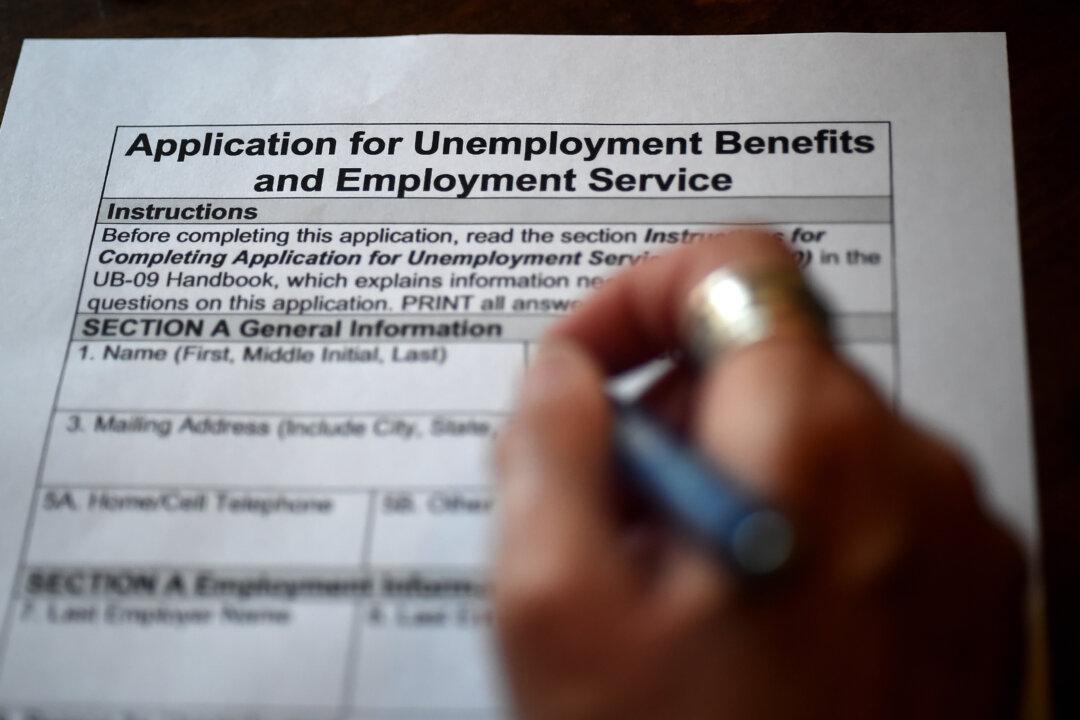The Trump administration’s Lost Wages Assistance program, which offered $300 a week for up to six weeks after the $600 boost to jobless benefits lapsed in July, is running out in a number of states.
At least seven states—including Arizona, Massachusetts, Missouri, Montana, New Hampshire, North Carolina, and Texas—have ended payments for the weekly unemployment supplement, according to a Lost Wages Assistance tracker. Twenty-nine states are in various stages of disbursing the payments, while a handful are still in the processing phase.





